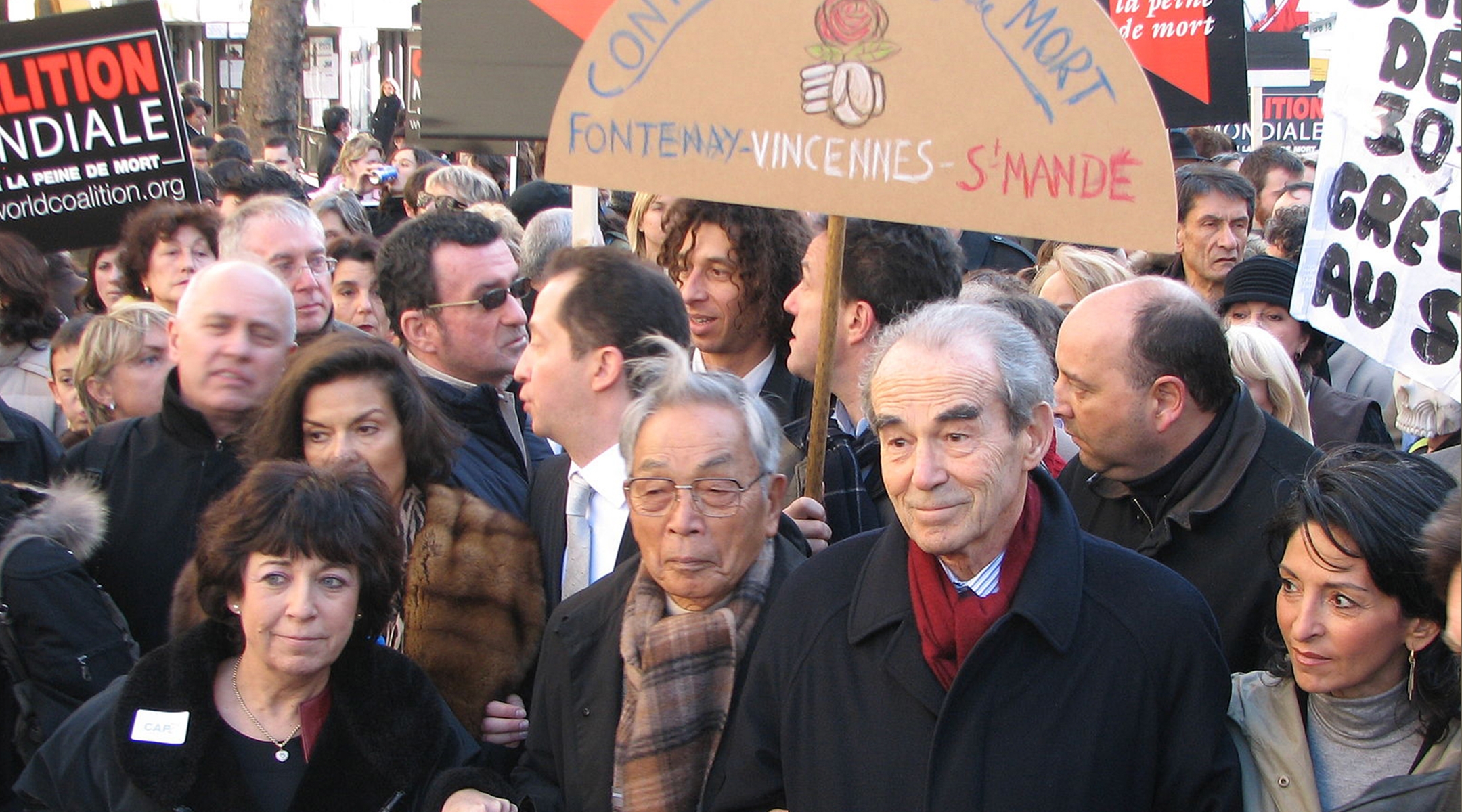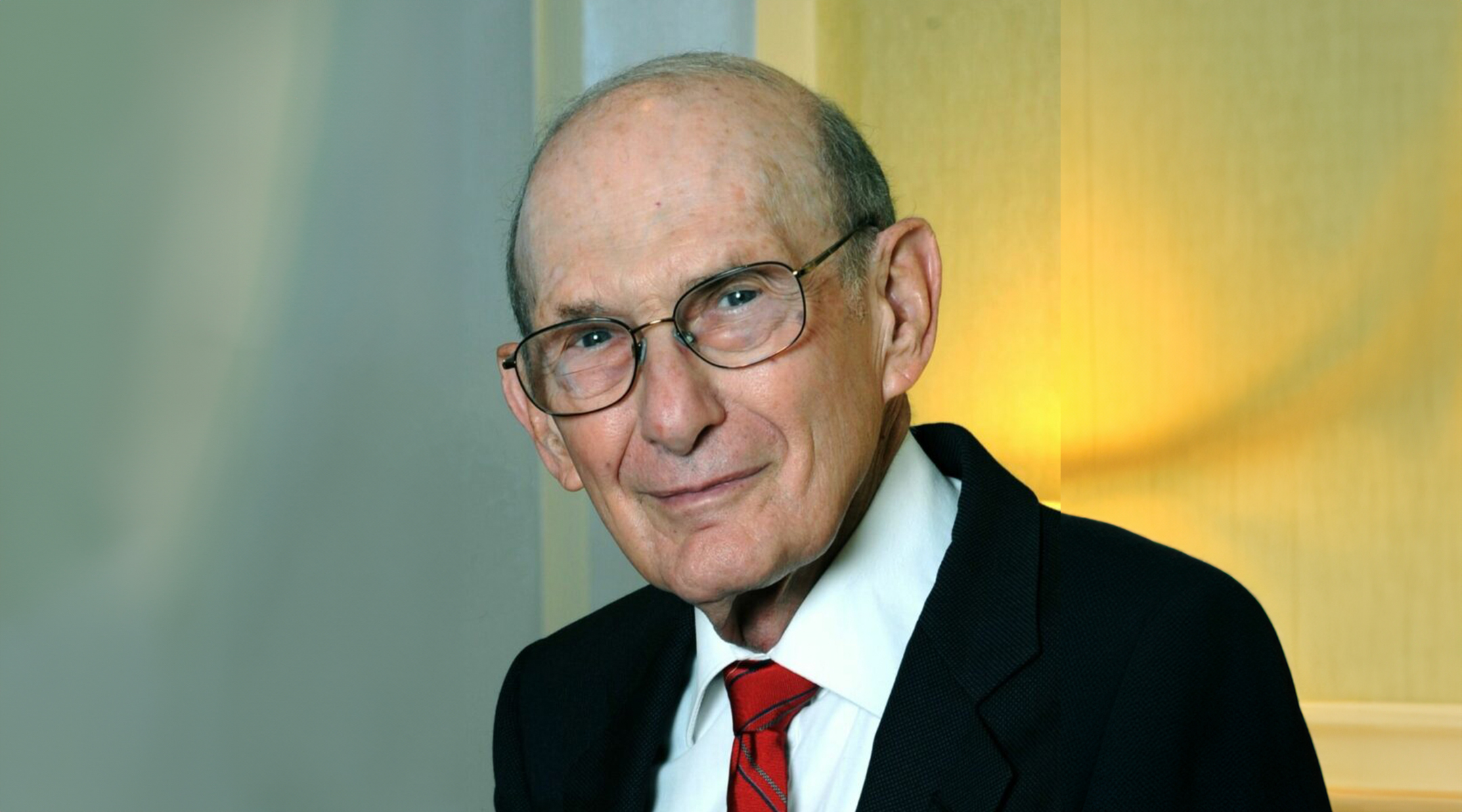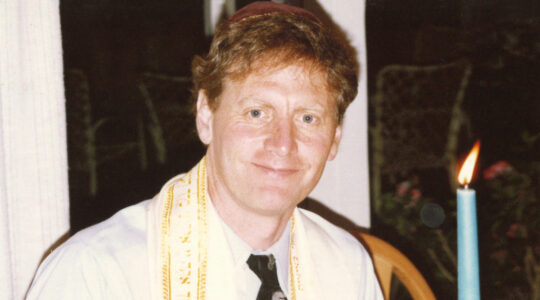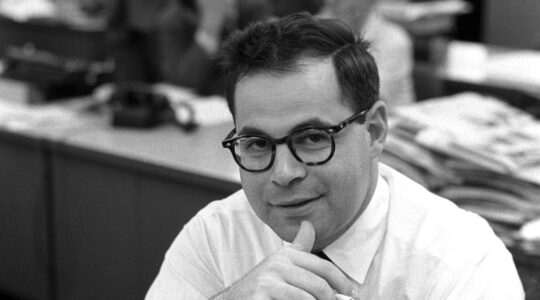This article is also available as a weekly newsletter, “Life Stories,” where we remember those who made an outsize impact in the Jewish world — or just left their community a better or more interesting place. Subscribe here to get “Life Stories” in your inbox every Tuesday.
Marco Troper, 19, math whiz and the son of a tech legend
Marco Troper, 19, the son of former YouTube CEO Susan Wojcicki and longtime Google executive Dennis Troper, died on Feb. 13. His body was found in his University of California, Berkeley dorm, according to campus police; his grandmother Esther Wojcicki told SFGate that she suspects he died of a drug overdose.
Troper was in his second semester at UC Berkeley and intended to major in math. “Math brings me peace; it’s the only thing in my life that has pure, unbiased certainty. Math also quenches my desire to understand ‘why,’” Marco wrote in a college essay read at his Feb. 21 funeral service at Congregation Kol Emeth in Palo Alto, J., the Bay Area’s Jewish weekly, reported.
Troper’s father, a director of product management at Google, serves on the board of Camp Tawonga, the Jewish summer camp near Yosemite National Park, and has served on the board of Gideon Hausner Jewish Day School in Palo Alto, which Marco attended through the fifth grade. Susan Wojcicki stepped down from her role at YouTube in 2023.
Marco’s is a family of high achievers: His mother’s sisters are Anne Wojcicki, co-founder of the genomics company 23andMe, and Janet Wojcicki, a Fulbright-winning anthropologist and professor at UCSF. His grandmother Esther Wojcicki is a journalist and educator. His grandfather Stanley Wojcicki, who died last year, was a Stanford University physics professor, J. reported.
Marco co-founded the Jewish Affinity Group at the private Menlo School in Atherton, California. He was the middle child of five brothers and sisters.
“Marco was super caring with his siblings,” Dennis Troper told J. “With the 16-year-old, she would go to Marco for questions related to her physics and math homework, and he would always be very, very happy to help her with it.”
Robert Badinter, 95, French attorney who campaigned to abolish the death penalty

Robert Badinter, wearing a red scarf, attends a “Say No to the Death Penalty” protest in Paris, Feb. 3, 2007. (Denis/Wikimedia Commons)
In a 1973 book, French lawyer Robert Badinter (above, in red scarf) described the “sharp crack” of the guillotine blade at the execution of one of his clients. In 1981, as France’s new justice minister, he presented the law that would abolish the death penalty and earn him the nickname “Monsieur Abolition.”
He was born in Paris in 1928 to Jewish parents who had escaped pogroms in what is now part of Moldova and Ukraine. In 1942, his maternal grandmother, who taught him Yiddish, died while being deported to Auschwitz; his father, Simon, was arrested and died at the Sobibór extermination camp.
In addition to his campaign against the death penalty, Badinter served as president of the country’s constitutional council, became a senator in the upper house of parliament, and presided over the commission that arbitrated the dissolution of the former Yugoslavia. He also wrote fiction and plays, and in 2023 co-authored a book denouncing Russian President Vladimir Putin.
Badinter died Feb. 9 at age 95.
Bert Silver, 92, Washington-area crusader for Society Jewry

As president of the Jewish Community Council of Greater Washington, Bert Silver was an active promoter of interfaith activities. (Courtesy Silver family, via Washington Jewish Week)
Bert Silver, a career civil servant and Washington, D.C. Jewish leader who advocated on behalf of Soviet Jews from the late 1960s to the early 1990s, died Jan. 25. He was 92.
As a board member of the Washington Committee for Soviet Jewry, Silver led a daily vigil outside the Soviet Embassy, and connected leaders of the NAACP and faith organizations to the effort to free Soviet Jewry. While “what we in the movement did was fulfilling, interesting and important, it should never be forgotten that the true heroes of the story were the Soviet Jews themselves,” he told an interviewer in 2008. “They were the bravest people I have ever met.”
As president of the Jewish Community Council of Greater Washington, he promoted interfaith activities, including N Street Village, a program serving homeless women in the city.
During a long career in government, Silver served as the deputy director of the Office of Administrative Services at the U.S. Department of Commerce and director of the Office of Management at the U.S. Commission on Civil Rights.
JTA has documented Jewish history in real-time for over a century. Keep our journalism strong by joining us in supporting independent, award-winning reporting.






